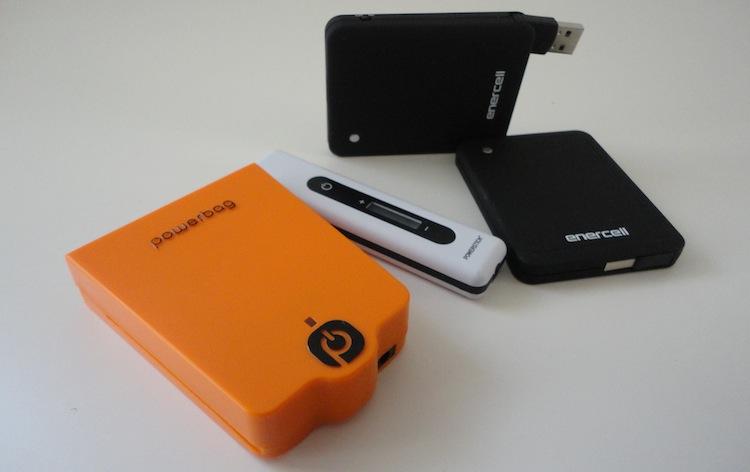
If I learned one thing last week, it's that mobile battery technology isn't going to get substantially better anytime soon.
Battery technology in our cell phones has taken a major hit since the start of the boom a couple years ago. Bigger, better, faster phones have led to atrocious stamina in some of today's best devices. Even Apple's pride and joy, the iPhone 4S, has suffered from issues with the battery – albeit claimed a software problem, the 4S' battery simply is not as good as its predecessor.
The only notable improvements in this area that we've witnessed in recent years has been in the form of "more efficient" components (read: multi-core CPU architecture, OLED panels that power down individual pixels that display black, etc.). These are definitely welcome improvements, but they're not quite the same a simply improving the batteries that power our devices in the first place.
Every couple weeks, it seems as if there is another breakthrough in the standard Lithium-Ion battery tech. Sometimes we hear there could be an entirely new way of powering our phones. Late last month, two patents applied for by Apple in late 2010 and early 2011 were published, revealing a breakthrough in hydrogen fuel cell systems that actually makes the technology feasible in mobile devices. What's more is the expected longevity of the batteries might be measured in days and weeks instead of hours and minutes.
I landed in Las Vegas last week with hopes of stumbling upon a booth that held the key to ending all of our smartphone battery woes. I passed a couple booths showing off solar panel cases and the typical Powermat booth, where they proclaimed the wireless charging revolution is among us. (Yeah ... right.) In truth, there was nothing awe-inspiring or completely new that caught me off guard. And unfortunately, there were no hydrogen fuel cell batteries, or cells that measure life in terms of days or weeks – not this year at least.
What there was plenty of, though, was battery packs and other mobile charging solutions. Companies are at least finding ways for affected users to cope with less-than-stellar battery life.
At CES, companies were handing out battery packs left and right, like they were candy. I think I managed to walk away with seven or eight different battery-powered chargers in the end, and I didn't even get to spend a lot of time on the show floor. On top of those, I also walked away with a Powerbag, which is a backpack equipped with a replaceable 6,000mAh battery pack that can charge all of your mobile devices. I also walked away with an Incipio offGRID case, which packs an extra 1,450mAh into a relatively slim iPhone case that can be used at your disposal. It's safe to say that I should never have another dead smartphone again – assuming I can actually remember to keep at least one of these packs charged at any given time.
Don't get me wrong, I love some packs – I'm a bit of a battery hoarder. And the Powerbag is the new love of my life. I've been carrying battery packs galore for years now, and the new models are smaller, slimmer and pack more juice than ever before. However, nothing beats having a phone that simply lasts for days on its own.
Back when the BlackBerry Cure 8330 was my main device, it would last me around three days before powering down. I carried a spare battery pack, which wouldn't even fully charge the Curve, in the event I forgot to charge my phone one night, not to help me make it through one day. And that's the big difference here.
It's kind of disappointing that there were not real improvements at this year's CES. It doesn't mean that we won't see some kind of revolution or that OEMs won't start filling their phones with larger cells, just for those juice whores. But you won't catch me holding my breath for a significant breakthrough – that we will see hit actual consumer devices – this year. For all intents and purposes, 2012 will be yet another year where spare and extended battery packs will help us make it through the day.
Tell me, readers. Do you use battery packs to help make it through the day? Or do you carry them ... just in case?